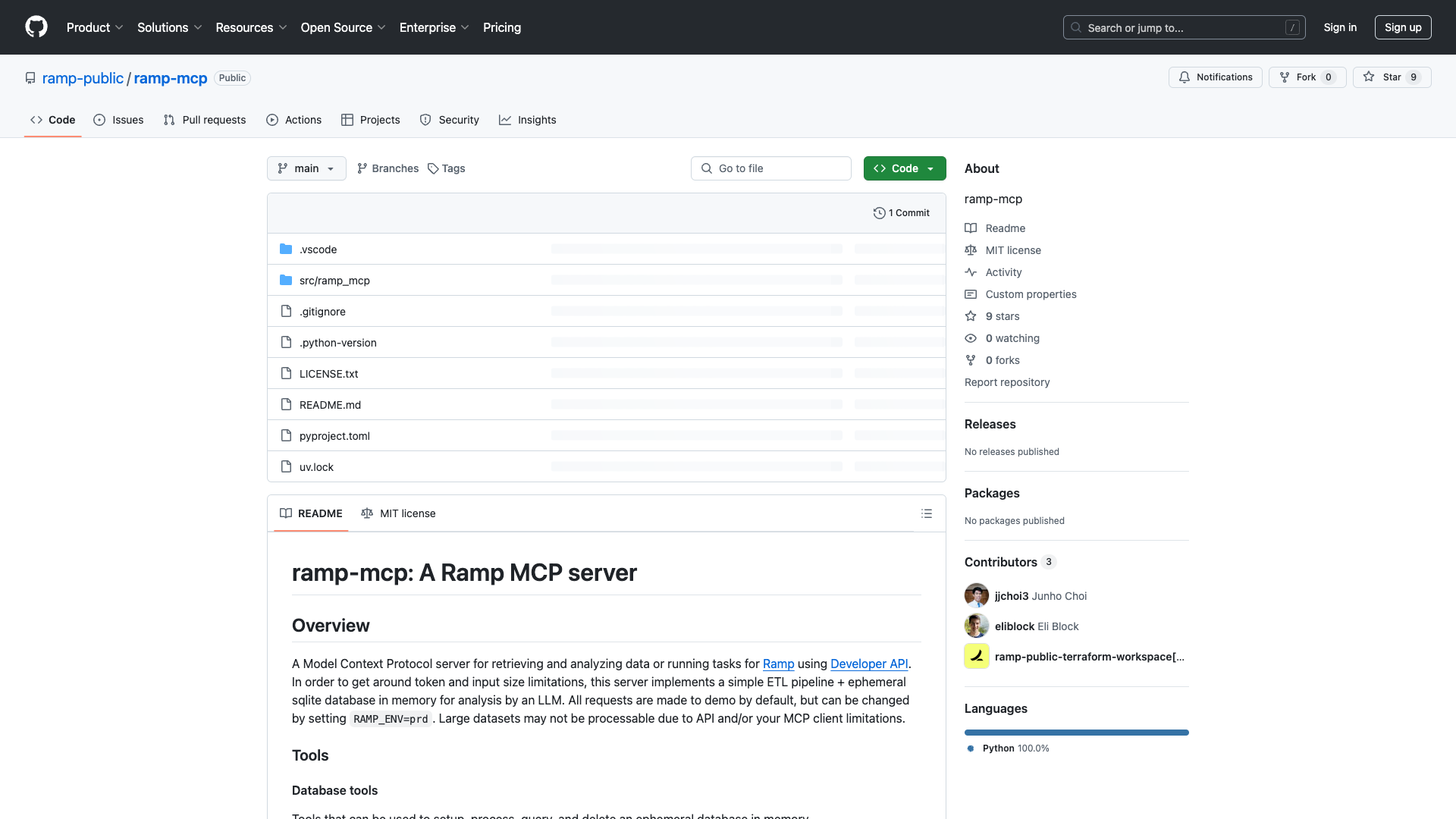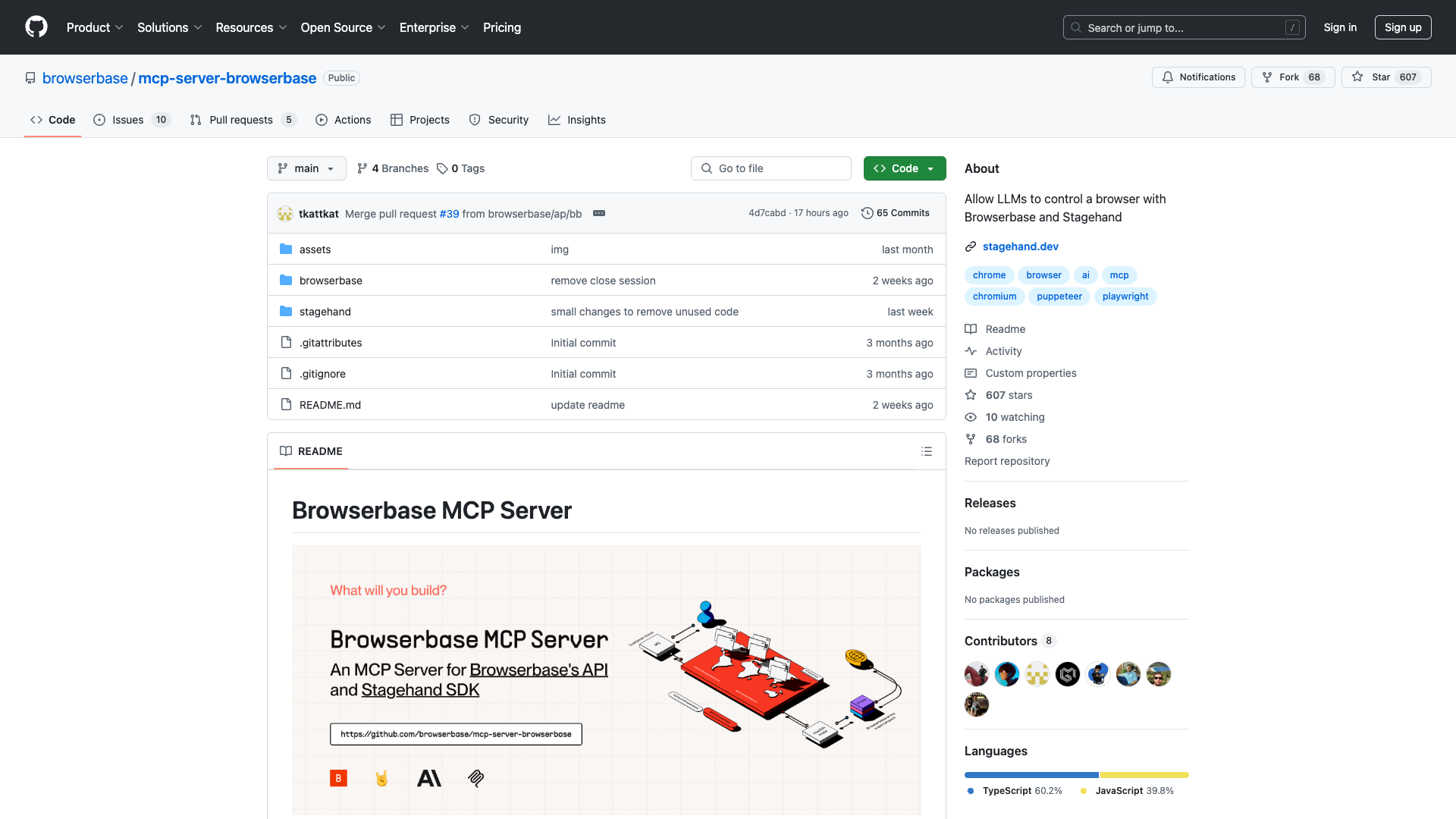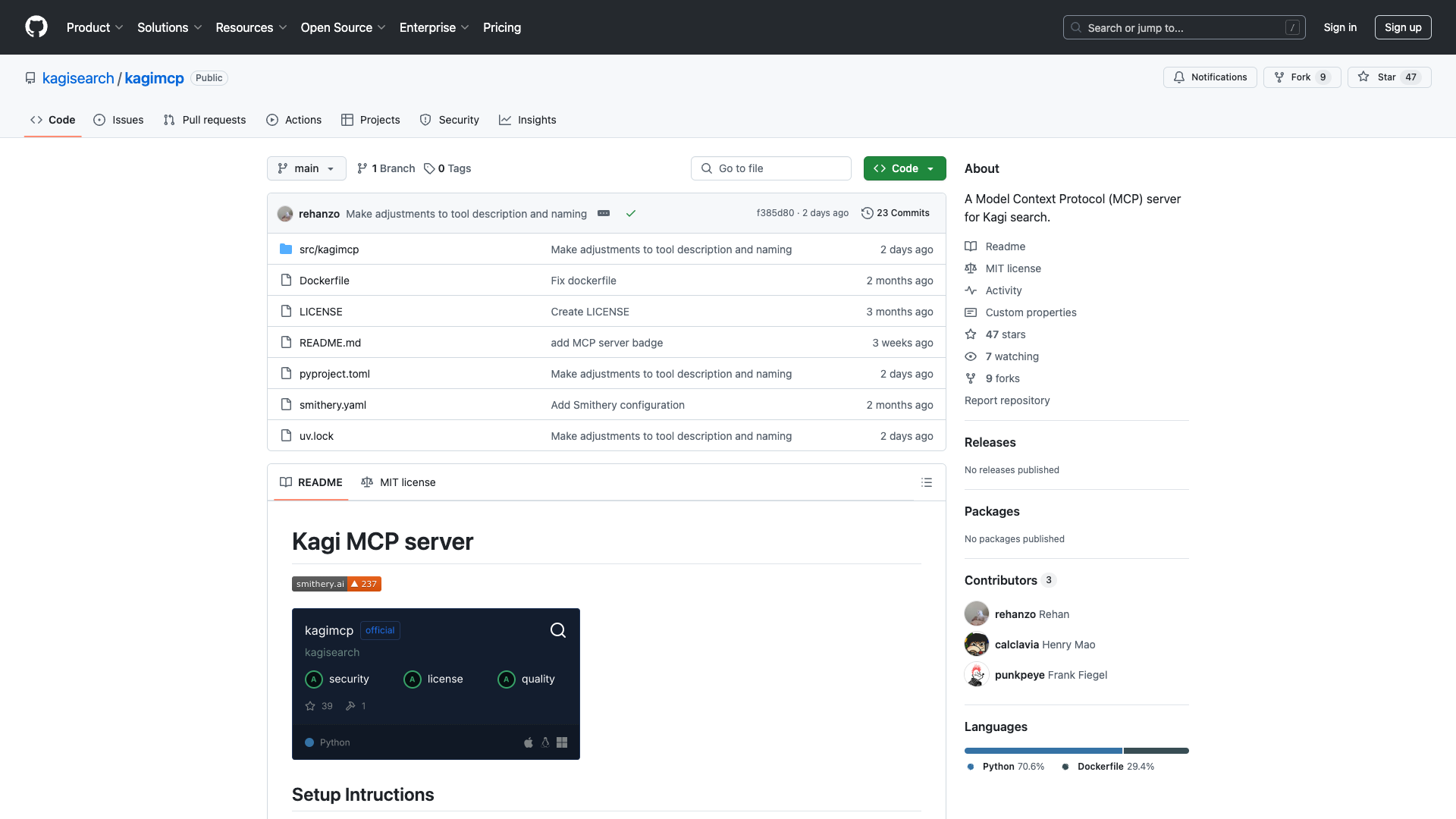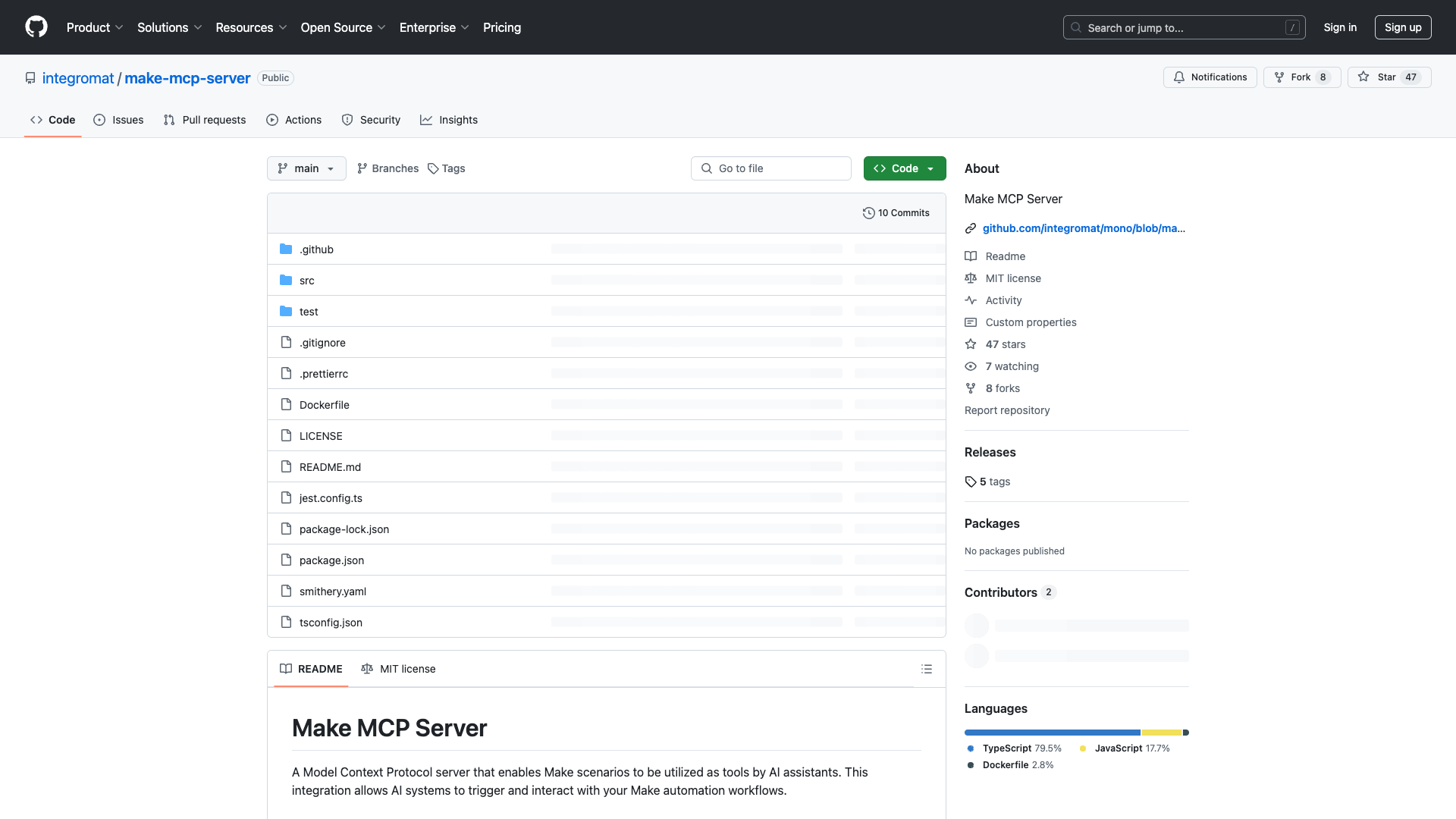Introduction
The ramp-mcp server is an essential tool for developers working within the financial technology landscape, particularly those engaging with Ramp's services. This Model Context Protocol (MCP) server enables seamless integration with Ramp's Developer API, allowing for efficient data management and real-time analysis. Whether you're a software developer, DevOps engineer, or a researcher, the ramp-mcp server is designed to enhance your workflow by providing robust tools for data retrieval and processing.
Key Features
- ETL Pipeline: The ramp-mcp server employs an efficient ETL (Extract, Transform, Load) pipeline that processes incoming data streams seamlessly. This feature allows developers to integrate data into their analyses without overwhelming system resources, making it ideal for handling large datasets.
- Ephemeral Database: Utilizing an in-memory SQLite database enhances speed and efficiency when accessing temporary datasets. This is particularly crucial for quick decision-making in finance, where timely data access can significantly impact outcomes.
- Customizable Environment Settings: Developers can easily toggle between demo and production environments, ensuring safe testing without the risk of affecting live systems. This flexibility is a standout feature that many other MCP servers overlook.
- Comprehensive Query Tools: The server provides robust methods such as
process_data and execute_query, empowering developers with precise control over their information retrieval tasks. This level of control is essential for managing complex data interactions efficiently.
Setup Process
Setting up the ramp-mcp server is straightforward, thanks to clear instructions provided in the GitHub repository. Here’s a brief overview of the setup steps:
- Create a new client from your Ramp developer account by navigating to Profile > Developer > Create app.
- Grant appropriate scopes based on the intended functionalities within your application.
- Enable client credentials under App > Grant Types / Scopes.
- Clone the repository via git using
git clone [email protected]:ramp-public/ramp-mcp.git.
- Install required dependencies such as
uv if not already present on your system.
- Run the MCP server from the command line interface (CLI) using the provided command format.
- Update the
claude_desktop_config.json file with relevant configurations for optimal performance.
User Experience
Based on user feedback, the ramp-mcp server has received positive reviews, particularly for its core functionalities. The ETL pipeline and ephemeral database have been highlighted as game-changers for developers dealing with large datasets. Users appreciate the speed and efficiency these features bring to their workflows, enabling them to avoid cumbersome manual preprocessing steps.
However, some users noted that while the setup process is generally straightforward, there could be improvements in documentation, particularly regarding troubleshooting common issues that may arise during installation or runtime configurations. This feedback suggests that while the server is accessible to experienced developers, less technical users might benefit from additional guidance.
Another area of concern is the management of larger volumes of data, especially regarding token limitations and input size restrictions. Users have mentioned the need for concise prompts when engaging with the AI model, Claude, to mitigate these issues. This requirement can be frustrating, as it necessitates additional configuration adjustments to fully leverage the server's capabilities.
Community Engagement
The ramp-mcp server is supported by a vibrant community on GitHub, where developers are encouraged to contribute improvements and seek assistance. The open-source nature of the project, licensed under MIT terms, fosters collaboration and innovation, enhancing trust among users who value autonomy in their tools. However, the visibility of formal reviews or user ratings specific to this tool could be improved, as this would help potential users gauge overall satisfaction more effectively.
Conclusion
In conclusion, the ramp-mcp server stands out as a pivotal resource for developers engaged in financial technologies, offering powerful analytical integrations alongside existing workflows. Despite minor challenges related to extensive dataset management, the server excels in enhancing operational efficiencies while maintaining high performance standards. The solid foundational guidelines provided throughout its GitHub repository make it an invaluable asset for anyone looking to integrate Ramp's services into their development projects. For more information and to access the server, visit ramp-mcp on GitHub.
License: The ramp-mcp server is open-source and licensed under the MIT License.
Open Link


